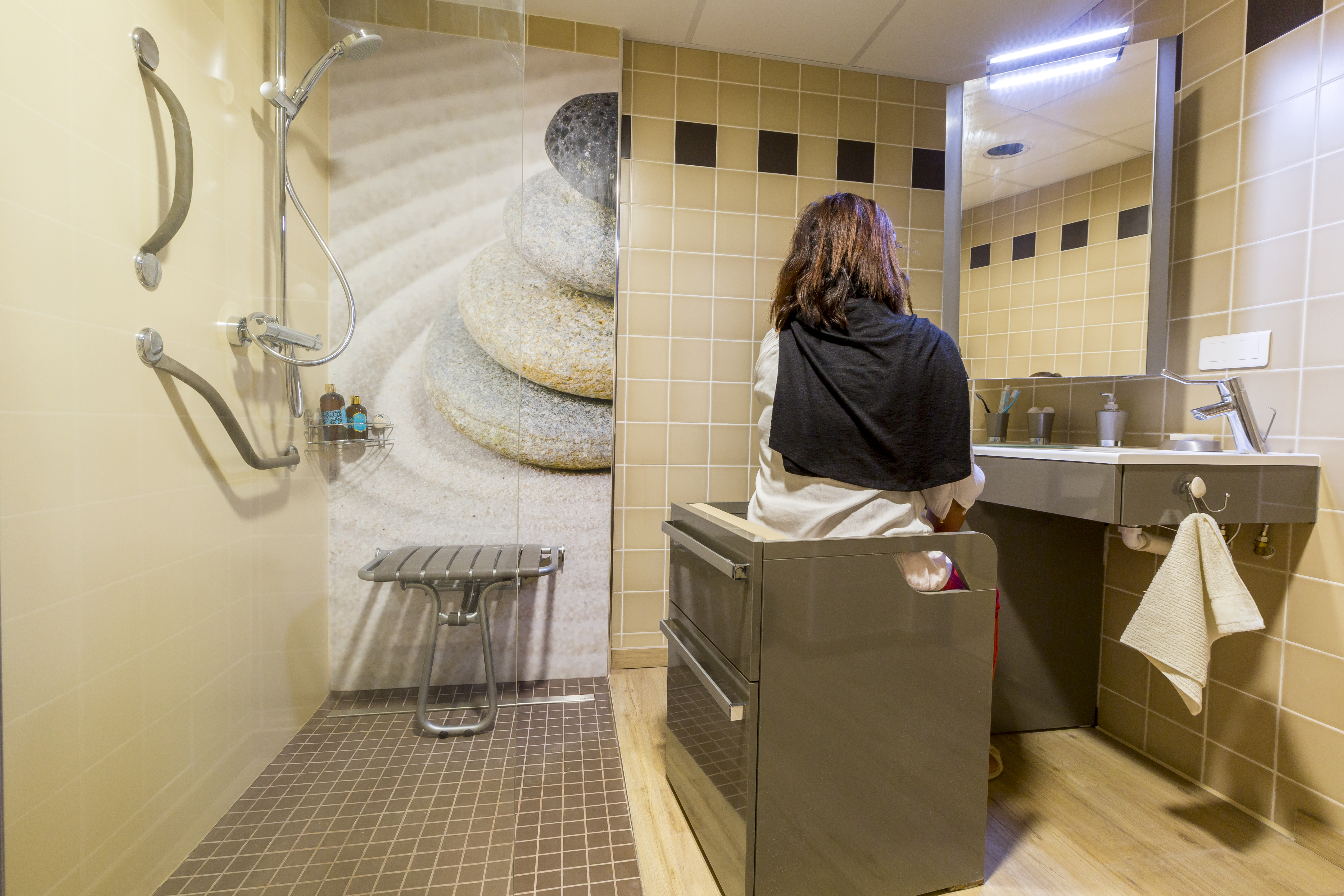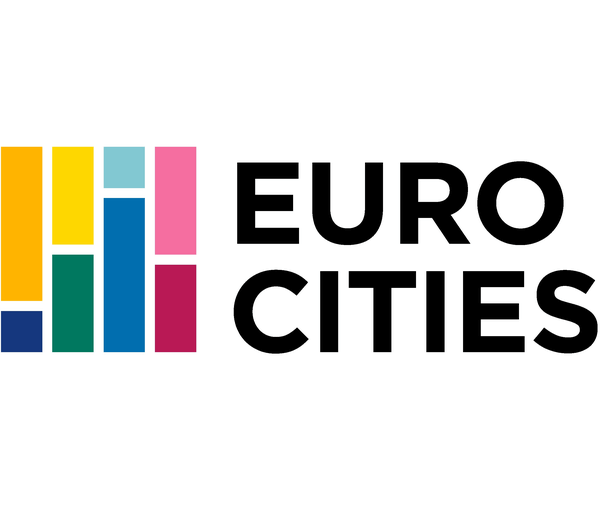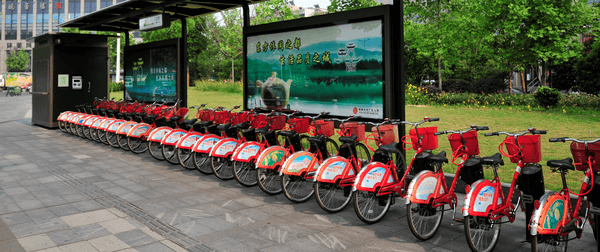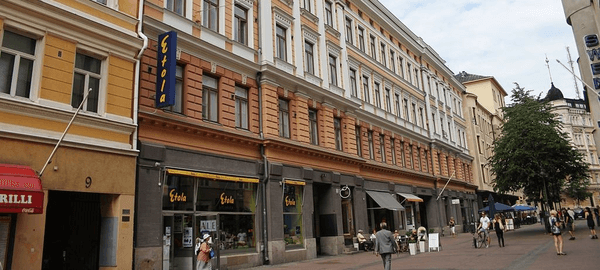City
Nice
Main actors
City Government, Private Sector, Research Institutes / Universities
Project area
Whole City/Administrative Region
Duration
Ongoing since 2015
The City of Nice is responding to a growing community need for providing senior citizens with quality at home healthcare by establishing a centre dedicated to digital health innovation.
Nice has an ageing population with almost one-third of its residents over 60 years of age. Subsequently, access to high quality healthcare and notably at-home care has become a priority for the city's administration. 27 Delvalle aims to provide technological solutions (simulation, agile methods, design thinking) that will improve the way healthcare is delivered.
The project brings together healthcare stakeholders to create tools and services for senior citizens to enable independent living. At the centre's living-lab, users are directly involved in the evaluation and testing of new products and services. An e-Health Business Innovation Centre and co-working space is supporting start-ups and boosting the creation of new jobs in the ‘silver economy’. Other plans include training for health professionals and citizens in digital health technologies, and a number of research and EU-funded projects are being undertaken.
Originally published by EUROCITIES, the network of 130 European cities - PDF: http://nws.eurocities.eu/MediaShell/media/2016AwardsCitiesinactionNice.pdf
Eurocities Awards
This project was shortlisted for the 'Eurocities Awards' in 2016 in the following category: Cooperation.
On Map
The Map will be displayed after accepting cookie policy





